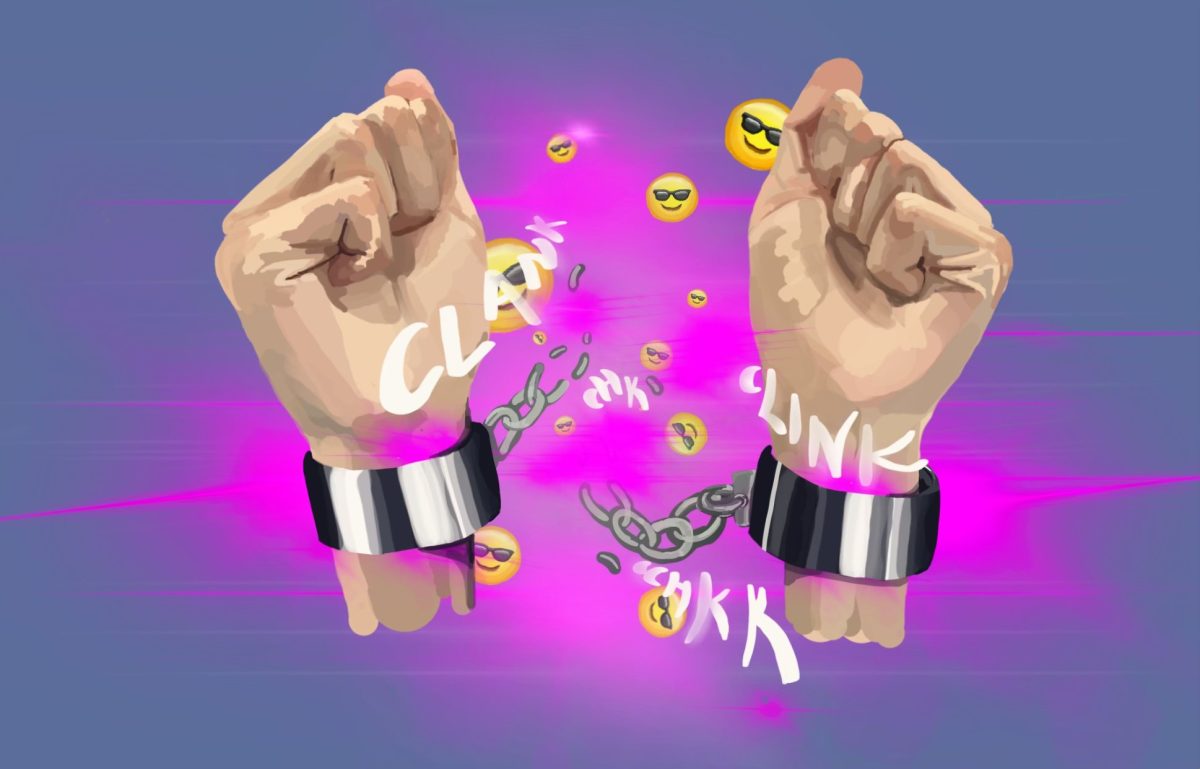On January 11, in the wake of the Newtown shooting, Joe Biden brought together a conference of the leaders of the video game industry. Laying his hand on the shoulder of the CEO of Electronic Arts, John Riccitiello, Biden smiled reassuringly and said, “I want you to know that you’ve not been, quote, singled out for help, but we’ve asked a whole lot of people.” Biden went on to mention other groups—law enforcement, weapons manufacturers, and gun control advocates—that he also planned to meet with.
No matter what Joe Biden says, however, the video game industry is being singled out. An important study conducted by Craig Anderson and Brad Bushman in Psychological Science found that video games have a “small average effect” on aggression, but that these levels are comparable to, and sometimes less than, the aggression triggered by violence in movies and TV shows, in the news, and in sports. I’ll believe that video games are not being singled out when I see Joe Biden meet with the Quentin Tarantinos and Ray Lewises of the world.
Though there is some demonstrated connection between video games and aggression, the fact is that there is no proof of a connection between video games and violent acts. In psychology, violence and aggression are distinct concepts. Violent acts stem from aggression, but not all aggression results in violent acts. Aggression can be the result of many causes, ranging from sexual arousal to a difficult math problem. The sorts of factors that cause violent acts, by contrast, are lifestyle choices, such as gang membership, involvement in drug trafficking, or associating with delinquent peers (according to the Surgeon General in a 2001 report on youth violence).
Alright, now that we’ve gotten all the usual accusations out of the way, let’s actually talk: Violence in video games is a problem—it’s just not the problem everyone else thinks it is.
I can present many examples of successful games with low levels of violence—Nintendo titles, such as the Pokémon and Mario franchises, come to mind—but I cannot deny that violence dominates the industry. Some games look at violence in surprisingly complex ways. Gears of War, seen by many as a typical “macho men killing things” game, resonates with themes of loneliness and hopelessness. Far Cry 3 took a turn for the satirical, subtly mocking its players for their immersion in a self-constructed power fantasy. However, the presence of these concepts does not resolve the violence in video games; they often merely feel as if they’ve been added on top of it. These games often follow a familiar format: Kill a bunch of things, feel kind of bad about it during a cutscene, repeat.
There’s a disparity between gameplay and the presentation of these themes because we still heavily rely on the entertainment value of violence. Even when video games don’t force their players to act violently, many gamers will do so anyway, in the name of fun. It seems that the problem of violence is not in our video games, but actually within ourselves. You don’t have to hire a prostitute and then kill her in that Grand Theft Auto game, but so many of us do. My question is: Why?
In 2008, Craig Kennedy conducted a study on aggression. He placed two mice, male and female, in a cage together. He then removed the female mouse and replaced her with a male intruder. The original male reacted aggressively, and the male intruder was eventually removed. However, the original male was trained to hit a target that would make the intruder return. Kennedy observed that the mouse consistently hit the target in order to fight with the intruder again. Studying the mice further, Kennedy found that aggression was related to a reward pathway in the brain similar to one in humans. We crave aggression in the same way that we crave food, drugs, and sex.
Video games, and other violent media, trigger our aggression, but without the accompanying risks of actual violence; this creates a potent combination. When we experience, or participate in, violence on screen, there is a rush of dopamine and adrenaline which easily keeps us entertained. This may explain why there is such a glorification of violence, especially gun violence, in our culture. Even in the wake of the Newtown shooting, Tarantino’s Django Unchained is a huge commercial success. The success of Skyfall, with its unmistakable ties to guns and masculinity, also comes to mind.
The allure of violence in video games is not only the violence itself, but the power that comes with it. In a piece called “Why I Play Violent Video Games,” girl gamer Maddy Myers explains that, as a petite, shorter-than-5’2” girl with blonde hair and blue eyes, she has always been seen as cute. However, she—and only she—perceives herself as a badass woman warrior, and video games provide a place for her to take hold of her identity, unrestrained by social norms related to her physical appearance. Maddie’s story illustrates that video game violence is sometimes much more than it seems—and that it’s not all bad.
In the end, there is a need to talk about video game violence, but only in the right way—not as a cause of violence, but as a symptom. Just as in any other art form, violence can be depicted well. However, we are in danger of overemphasizing violence in games, and in doing so, we risk limiting the art form and what it can do for our society—there are other forms of empowerment it can explore, and new stories it can tell.
Eleanor Hyun is a first-year in the College majoring in English.







